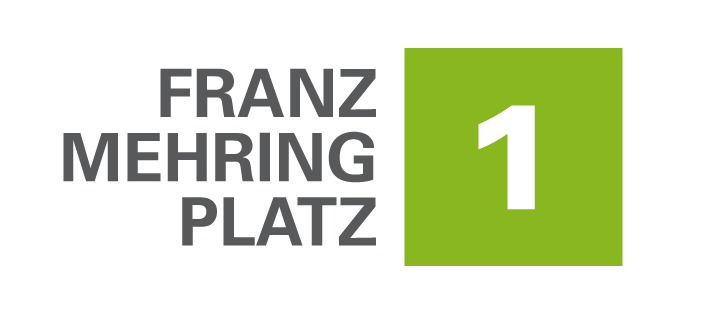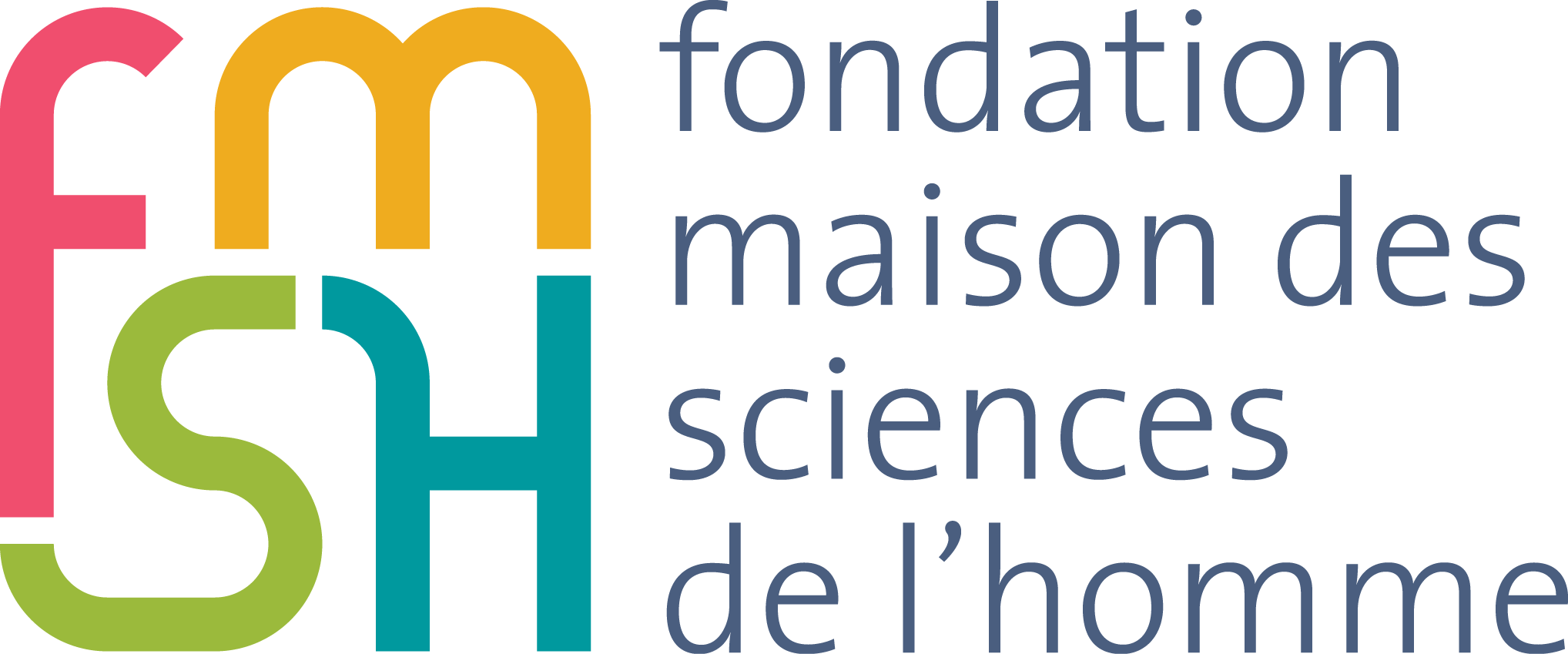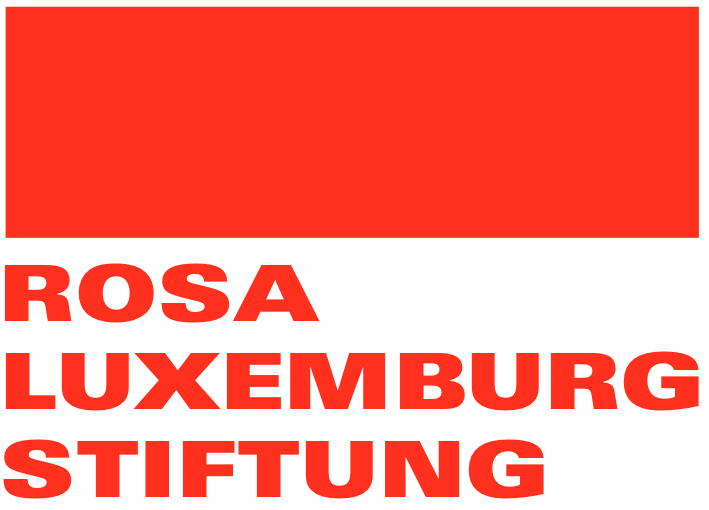Global Spaces for Radical Solidarity – First Willi-Muenzenberg-Congress

Few other personas within the history of the left have had such a central role in major global solidarity campaigns as Willi Münzenberg (1889–1940) during the interwar period. He was the driving force and organiser of the Youth International that was the largest anti-war organisation during the First World War. He coordinated the international worker’s famine relief to Soviet Russia and, during the early 1920s, he transformed the famine relief campaign into the International Workers’ Relief (Internationale Arbeiterhilfe, IAH). As a film distributor and producer he introduced modern Russian films to Germany and Europe. As a publisher and leader of the Weimar Republic’s most influential left media empire Münzenberg became as a longtime Member of Parliament for the German Communist Party (KPD) a serious adversary to Goebbels and Hugenberg. Further, Münzenberg initiated with the ’League against Imperialism and for National Independence’ a world wide anti-colonial network that was unsurpassed during the interwar period.
After 1933 Münzenberg’s name is like no other connected to a number of charismatic, anti-fascist campaigns. In the French exile he fought for the establishment of the German Popular Front, but after the signing of the Hitler-Stalin-Pact Münzenberg became one of the most prominent critics of stalinism when he published his article ”The Traitor, Stalin, is You”. As a last effort, Münzenberg gathered as a publisher – this time independent of the party – a substantial part of the German and European anti-Hitler-opposition to hinder the beginning of the Second World War. In summer 1940, he fled from an internment camp in southern France when the German Wehrmacht invaded France. Months later Münzenberg’s corpse was found – although the cause of death (suicide, Nazi- or Stalinist assassination) has remained unresolved.
Global thinking, networking and above-party, internationalist action in social movements characterised the political lifework of Münzenberg: At the First European Will-Münzenberg-Conference (2012) Münzenberg was highlighted as a paradigmatic figure, whose history enables the (re)writing of a workers’ movement between social democratic reformism and stalinist orthodoxy. The fragmented ”legacy” of Münzenberg is in need of a re-evaluation on the basis of transnational perspectives. Moreover, after a quarter of a century since the ”Archive Revolution” the time has come to summarise the historiography in both East and West.
It is therefore timely to call to the First International Willi-Münzenberg-Congress, organised between 17 and 20 September 2015 in Berlin. The congress aims to present and analyse actors, forms and practices of global solidarity networks in the context of social, cultural and humanitarian movements of the 20th Century. Among others, the congress will look at collective biographies and the imagining of a ’cultural international’, the role of media and aesthetic mediums; questions that already during the interwar period were expressed in the Solidarity Song (Solidaritätslied) by Brecht and Eisler: ”Whose tomorrow is tomorrow, whose world is the world?” („Wessen Morgen ist der Morgen, wessen Welt ist die Welt?“). Through a number of case studies the congress probes into the ideological and conceptual shifts between revolutionary internationalism, anti-fascism and anti-stalinism during the 1930s. Further focus is set on the history of anti-colonial movements in Asia, Africa and Latin America, as well as the network around Münzenberg’s last publishing venture, Die Zukunft (the Future). Between 1938 and 1940 he stood for a new liberal-socialist Germany and for a united Europe based on a new ”German-French Union”. Like so many others ideas, these were often barely taken into consideration after 1945. However, there were a number of effects, turning points and continuities in transnational solidarity networks that found a continuation throughout the 20th century: in the cultural history of the Federal Republic of Germany, in Third World solidarity movements, but also in Latin American liberation struggles and in the actions of NGOs until the 21st Century.
The Congress languages are German and English. A simultaneous translation will be offered to all participants and guests. The congress is open for the public and attendance is free of charge: Please register at: info@muenzenbergforum.de
The congress organising committee is formed by Bernhard H. Bayerlein, Uwe Sonnenberg and Kasper Braskén. We thank for the kind support of MediaService GmbH Druck und Kommunikation, the internet agency Keksbox, the newpaper neues deutschland, Åbo Akademi University, Åbo (Turku); Arbejdermuseet, Kopenhagen; Institut for Social Movements, Ruhr-Universität Bochum; Maison des Sciences de l’homme, Université de Bourgogne, Dijon; Schweizerisches Sozialarchiv, Zürich; Zentrum für Zeithistorische Forschung, Potsdam.
Erstellt am: 21.08.2015
zuletzt geändert am: 28.01.2016
Partner / Veranstalter

Münzenberg Forum Berlin

Grundstücksgesellschaft FMP1

Åbo Akademi University

Arbejdermuseet

Institut für soziale Bewegungen

Linke Medienakademie (LiMA)

Maison des Sciences de l’homme

Rosa-Luxemburg-Stiftung

Schweizerisches Sozialarchiv

Zentrum für Zeithistorische Forschung
Kontakt
Contact:
info@muenzenbergforum.de
Programm
Opening and Welcome
- Bernhard H. Bayerlein (Bochum), Uwe Sonnenberg (Potsdam) und Kasper Braskén (Åbo/Turku)
- Florian Weis (Director Rosa-Luxemburg-Foundation)
- Tom Strohschneider (chief editor of neues deutschland)
- Simone Roche (Colloque Muenzenberg, Aix-en-Provence)
- Greetings from Stefan Berger (Director of the institut for social movements, Bochum) and Gabi Zimmer (European Parlament, group chairwoman GUE/NGL)
Keynote
- David Featherstone (Glasgow): Anti-Fascism, Anti-Colonialism and the Makings of Solidarity
Panel 1: Forms and Practises of Radical Solidarity
- Kasper Braskén (Turku): The International Workers‘ Relief and Willi Münzenberg: Campaigns, Practices, and Celebrations of Transnational Solidarity, 1921–1933
- Jesper Joergensen (Kopenhagen): Radicalising Solidarity – The Danish Social Democratic Youth League and IFSYPO, 1914-1919
- Irina A. Gordeeva (Moskau): The Russian Radical Pacifists and International Solidarity in the 1920 -1930s
- Jean-François Fayet (Lausanne): “Hands off the URSS”: Münzenberg and the internationalisation of the commemorations of the Xth anniversary of the October Revolution.
- Ksenija Vidmar Horvat and Avgust Lešnik (Ljubljana): Forms of Solidarity: Female volunteers in the Spanish Civil War.
- Chair: Tauno Saarela (Helsinki)
- Commentary: Gerd-Rainer Horn (Paris)
Lecture
- Bodo Ramelow (Erfurt): political realism in tough times
Supper
Opening Reception
by Münzenberg Forum Berlin
Panel 2: Towards a Cultural International: Media and Press
- Valentin Hemberger (Stuttgart): ”Aus Fotografien montiert, mit Worten bebildert”: The Representation and Construction of the Soviet Union between Revolutionary Blueprint and Socialist Reality in the Arbeiter-Illustrierte-Zeitung (AIZ), 1921–1933
- Tauno Saarela (Helsinki): Itä ja Länsi – a Finnish Arbeiter-Illustrierte-Zeitung?
- Chair: Sonia Combe (Paris/Berlin)
Panel 3: Towards a Cultural International: Film
- Günter Agde (Berlin): A Building Block of the International Workers’ Relief: Soviet Famine Relief Films of 1921. Political Intentions and Production Background
- Thomas Tode (Hamburg): Münzenberg and the Film Culture of the Left in the Weimar Republic: Documentary Films as Instruments of Propaganda
- Christoph Hesse (Berlin): Mezhrabpom turns to the West: International Film Productions of the early 1930s
- Chair: Sonia Combe (Paris/Berlin)
- Commentary: Thomas Lindenberger (Potsdam) and Oksana Bulgakowa (Mainz)
Lunch
Panel 4: Antifascism and Anti-Stalinism in the 1930s (I)
- Ole Martin Rønning (Oslo): Popular or Cultural Front? Scandinavian Intellectuals, Anti-Fascism and Stalinism 1934-39
- Thomas Keller (Aix-en-Provence): From Café du Dôme to the Exile Newspaper ”Die Zukunft”: German-French Networks before the War
- Chair: Dominik Rigoll (Potsdam)
Panel 5: Antifascism and Anti-Stalinism in the 1930s (II)
- Gerd-Rainer Horn (Paris): Midnight in the Century? The Revolutionary Socialist Tradition, 1938 – 1945
- Rebecca Hill (Kennesaw): Fascist Structures, Fascist Minds: How Theories of Fascist Bureaucracy and Psychology Have Transformed Our Understanding of Democracy
- Bernhard H. Bayerlein (Bochum): The Anti-Stalinist Paradigm Shift in the German Speaking and European Anti-Hitler Opposition
- Chair: Dominik Rigoll (Potsdam)
- Commentary: Gleb Albert (Zürich)
A new Germany! A Panel 6: New Europe! ’Die Zukunft (The Future)’, the German-French Union and their Networks (1938–1940)
- Dieter Nelles (Bochum): ”Solidarity is now the only thing that remains”: The Group ”Freunde der sozialistischen Einheit” in the Gurs Internment Camp
- Dieter Schiller (Berlin): ”Die Zukunft” and the German Authors in Exile
- Helga Grebing (Berlin): Socialists in Münzenberg’s ”Die Zukunft”
- Chair: Ursula Langkau-Alex (Amsterdam)
- Commentary: Thomas Keller (Aix-en-Provence)
Supper
REVUE.ROTER.RUMMEL "Berlin am Morgen – Die Welt am Abend"
An unique spectacle in the tradition of Piscators Revue of the early 20th. With Kurt Tucholsky, Lea Streisand, Sebastian Lehmann, John Heartfield, Maik Martschinkowsky, Leo Lania, Sulaiman Masomi, Slatan Dudow, die Rixdorfer Perlen, Hans Eisler, Vivian Kanner and many more.
Free entrance
Round Table Archives and Research Tools
- Brigitte Studer
- Gleb Albert
- Sonia Combe
- Tauno Saarela
- Fredrik Petersson
- Bernhard H. Bayerlein
- Ole Martin Rønning
- Fabian Würtz
Panel 7: Global Actors und Collective Biographies
- Victoria Soloschenko (Kiew): Christian Rakowski – A Diplomat and Statesman as a Revolutionary and Anti-Stalinist at a Historical Turning Point
- Alexander Shubin (Moskau): Zimmerwald position in the Russian revolution
- Andreas Peglau (Berlin): Wilhelm Reich and the ”Mass Psychology of Fascism”: A Tragic Blank Page in ”Die Zukunft”
- Ursula Langkau-Alex (Amsterdam): The Woman in the Background: Babette Gross and the Others in Münzenberg’s Networks in the 1930s
- Chair: David Featherstone (Glasgow)
- Commentary: Brigitte Studer (Bern)
Lunch
Keynote
- Holger Weiss (Turku): From West Africa to the Caribbean: The Making of a Radical African Atlantic
Panel 8: Anticolonial Movements (Asia, Africa, Latin America)
- Santosh Pandhari Suradkar (New Delhi): Which Way to Emancipation? Caste and Class in Ambedkar’s Struggle
- Daniel Kersffeld (Quito): Augusto C. Sandino and the Anti-Imperialist League of the Americas (AILA). Analysis of a complex political relationship
- Fredrik Petersson (Turku): Transnational Connections and Anti-Imperial Intentions of the League against Imperialism (1927-37)
- Klaas Stutje (Amsterdam): Posthumous solidarity with a crushed revolt. Indonesian nationalists, Willi Münzenberg and the League against Imperialism
- Chair: Ksenija Vidmar Horvat (Ljubljana)
- Commentary: Holger Weiss (Åbo/Turku)
Panel 9: New Insights on Münzenberg’s Death and Remembrance
- Werner Abel (Chemnitz): Will Münzenberg, the KPD-Defence, and the Spanish Civil War
- Micheline Revet (Grenoble): The Mystery Surrounding of Münzenberg’s Death: A Local Perspective
- Annette Leo (Berlin): Suicide or Murder? Dealing with the Life and Death of Willi Münzenberg in the GRD during the 1980s
- Chair: Jean-François Fayet (Lausanne)
- Commentary: Bernhard H. Bayerlein (Bochum)
Supper
Short film competition
In cooperation with Filmuniversität Babelsberg Konrad Wolf we will present short films of young filmmakers
Panel 10: Legacies, Agencies and new Perspectives
- Detlef Siegfried (Kopenhagen): Beauty is Action. The Reception of ”The Aesthetics of Resistance” in the 1980s
- Camilo Pérez-Bustillo (Las Cruces): The Latin American and Latino legacy of the League Against Imperialism: What room is there today for solidarity with Mexico´s liberation struggles in the global left?
- Kim Christiaens (Leuven): Europe at the crossroads of three worlds: international solidarity movements during the Cold War, 1950s-1980s.
- Christoph Jünke (Hagen): Pitfalls of a New Left Internationalism in Difficult Times: The ”Internationale Gesellschaft für Sozialistische Studien” in the late 1950s
- Peter Waterman (Amsterdam): Willi Münzenberg – An Enfant Terrible of International Communism (and Internationalist Communication)
- Chair: Rebecca Hill (Kennesaw)
- Commentary: Uwe Sonnenberg (Potsdam)
Lunch
Keynote and final discussion
- Cristina Flesher Fominaya (Aberdeen): Contemporary resistance to crisis and austerity: some reflections on dynamics, challenges and opportunities
Final discussion/Future: Activities of the International Willi-Muenzenberg-Forum
- Bernhard H. Bayerlein (Bochum)
- Uwe Sonnenberg (Potsdam)
- Kasper Braskén (Åbo/Turku)
